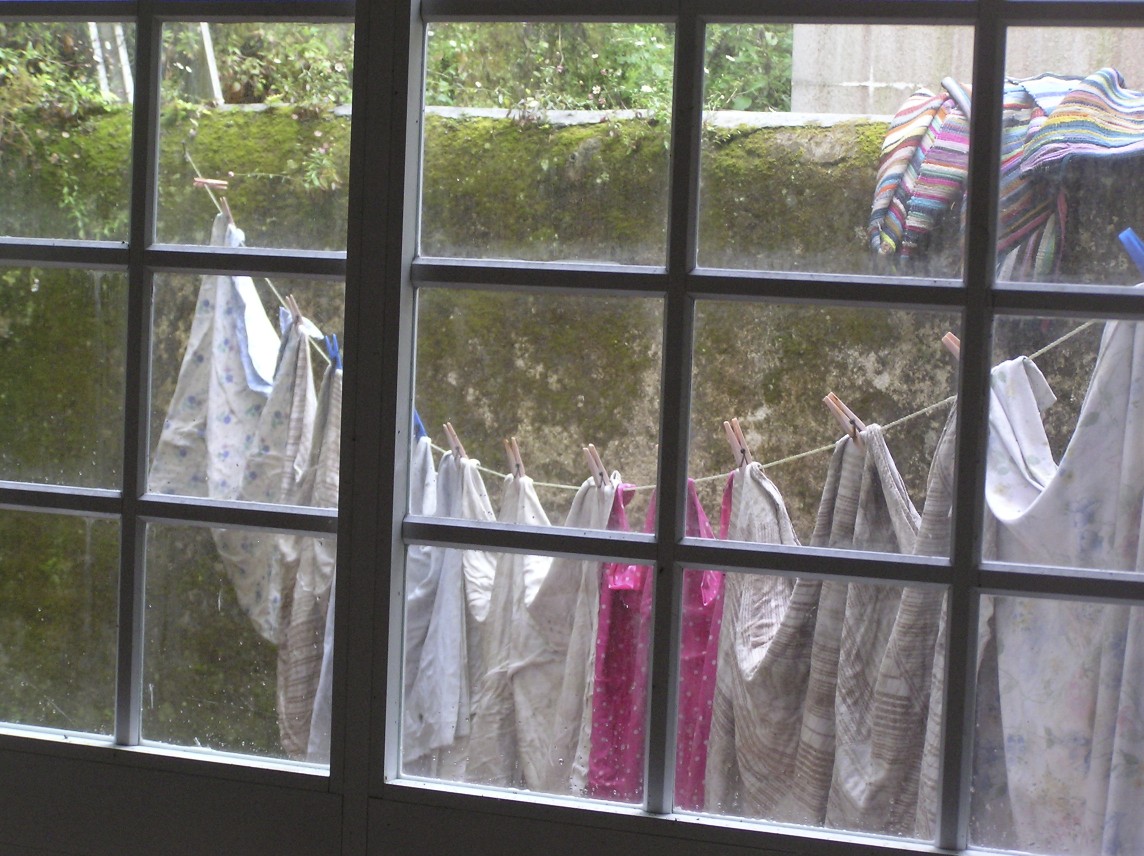
Conclusions
When we do, finally, turn to our open quadrant (Quad One), we are faced with the prospects of a saturated or overwhelmed self. We become obsessed with self and must decide whether to diminish our sense of self or become more selective about it. We withdraw from other people in order to reflect on self and figure out what we want to do next. This retreat is quite understandable—and essential in our complex, unpredictable and turbulent world. Yet, the Johari Window points us to an even more important truth about self—and in particular it points differently to the self in each of the four quadrants. We ultimately find out more about all four quadrants by interacting with other people—not by withdrawing from them. We get out of an obsession with an increasingly isolated and diminished self by returning to the wisdom of Harry Stack Sullivan—a psychiatrist who courageously sought to interact with and relate to the most challenging of people—the schizophrenic. Sullivan suggests that “self” is always defined in relationship to other people—to interpersonal context. He proposes that “personality is the relatively enduring pattern of recurrent interpersonal situations which characterize a human life.”
According to Sullivan, who we are is determined in large part by the interpersonal settings in which we find ourselves—or more precisely by the nature of the interpersonal relationships in which we engage. Our personality shifts as a function of the people with whom we relate. Thus, for Sullivan, there is no enduring, independently situated personality; rather there are “enduring patterns of recurrent interpersonal situations.” If we take Sullivan seriously, there has always been “multiphrenia”—for we have always been different when relating to various people. Only today, the people with whom we interact are even more diverse—hence we are even more multiphrenic! Through his original Johari Window, Joe Luft suggests that we remain sane in a multiphrenic world by engaging in authentic, richly textured relationships with other people. The feedback we receive provides us with a compass. The disclosure provides us with companionship on our difficult postmodern journey.








